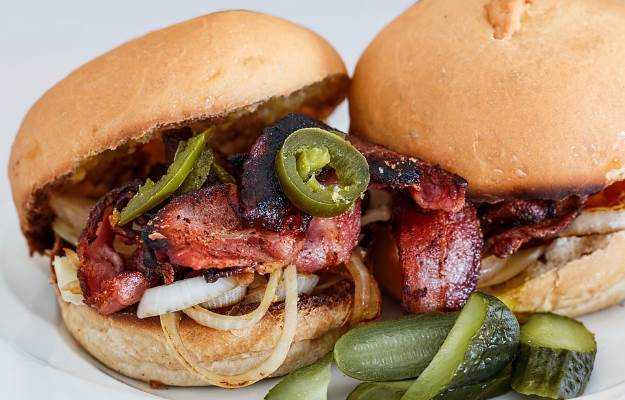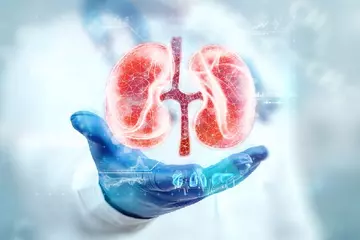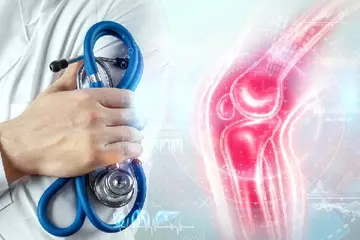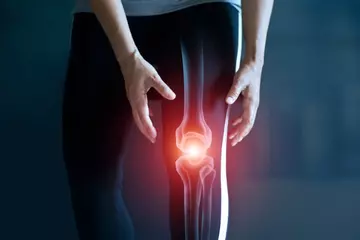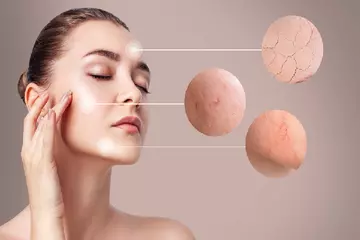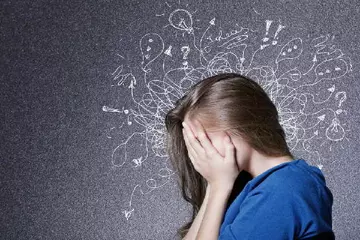What is food addiction?
Food addiction is a serious problem in which individuals lose control over the amount of food they consume, i.e., they develop an addiction to food. Food addiction can affect the psychological, as well as, overall well-being of the body.
What are its main signs and symptoms?
The main signs and symptoms include:
- A person will eat till the point they feel physical discomfort or feel ill.
- Restlessness, irritability, and social withdrawal are some signs that a person shows if they do not get the food they want at a particular time.
- The overall working efficiency of a person reduces due to lethargy caused by over-eating. They may also show signs of obesity.
- Victims of food addiction often hide their food from others, or make irrational excuses for eating a particular food.
- Despite several attempts, they fail at maintaining a diet plan, or refraining from eating beyond a particular quantity or time.
What are the main causes?
The causes of food addiction are multiple and influence the eating habits of a person in some way or the other.
- Psychological factors like social isolation, family issues or loneliness may make a person turn to food for gratification or happiness.
- Biological causes include faulty metabolism, hormonal imbalance, abnormalities in the brain morphology, or some medications.
- Hence, food addiction can be a result of mental health problems, or some other health conditions. Sometimes, it can even be a combination of the two.
How is it diagnosed and treated?
The diagnosis of the condition involves:
- Recognising food addiction starts with the patient willing to admit that there is a problem. A doctor or a psychiatrist can only intervene once the patient realises that this is a serious condition that needs treatment.
- Based on the behaviour and other symptoms of a patient, food addiction is diagnosed. There is a lack of definitive tests for this condition, though it is being worked upon.
The treatment for the condition includes:
- Food addiction treatment differs from other addiction treatments in the aspect that it cannot be completely given up as an individual needs food to survive.
- If the cause is identified to be a biological issue, it is treated with certain medicines and lifestyle changes.
- The patient is advised counselling and therapy to tackle the psychological issues that he/she may be facing.
- Exercise is also important to reduce fatigue and lethargy.
- Dietary changes include maintaining a fixed time for meals, abstaining from unhealthy foods, and keeping regular food charts to prevent over-eating.

 OTC Medicines for Food Addiction
OTC Medicines for Food Addiction

